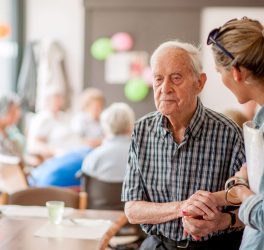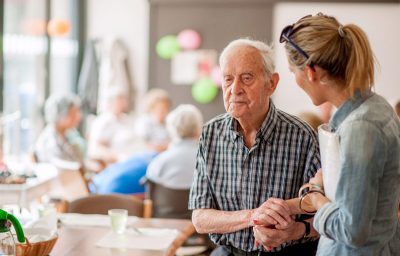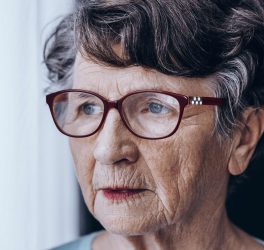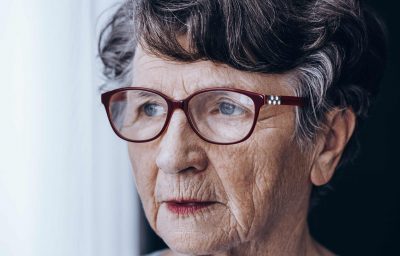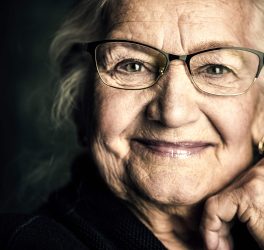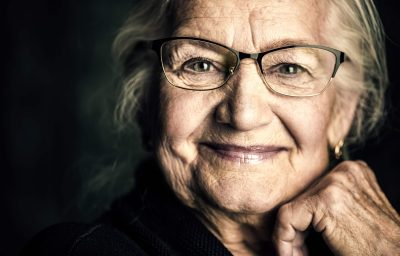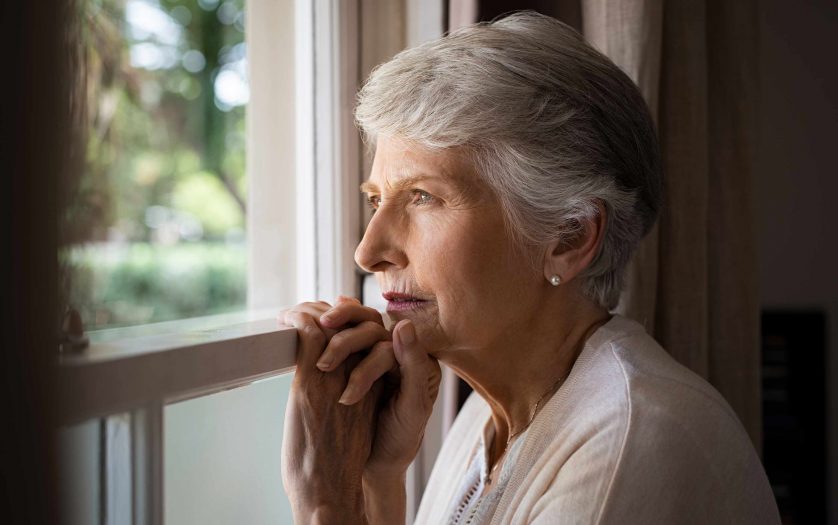
Older persons can only be deprived of their liberty in circumstances clearly established by international human rights law and such restrictions must be necessary and proportionate to the legitimate objective, a UN expert said today.
“The restriction or denial of the right to personal liberty may be considered arbitrary when unjustified, disproportionate, discriminatory, or where due process has not been afforded,” said Claudia Mahler, UN Independent Expert on the enjoyment of all human rights of older persons. “Older persons are deprived of liberty when confined to a specific space or placed in a public or private institution against their wishes, without their free and informed consent or without permission to leave at will,” she said.
Mahler’s report to the 51st Session of the Human Rights Council analysed the situation of older persons deprived of liberty and their needs and rights within three specific contexts: criminal justice; immigration-related detention; and care settings.
The expert stressed that the right to personal liberty is a core human right for all people, including in older age.
“In the context of criminal justice, States must ensure older persons are treated with dignity and that their specific needs with respect to age, health and disability status are taken into consideration, in line with the Mandela Rules and the Bangkok Rules for older women,” she said.
“In the context of migration-related detention, States are obliged to provide open and humane reception arrangements for older asylum-seekers and refugees, including safe, dignified and human rights-compatible treatment,” Mahler said.
The expert said ageism and age discrimination were underlying most situations of deprivation of liberty for older persons and around the world, ageist attitudes had led to discriminatory laws, policies and practices.
In relation to deprivation of liberty in care settings, the expert stressed that the adoption of laws enabling the deprivation of liberty and coercive care and health interventions for older persons are contrary to international human rights standards, including the Convention on the Rights of Persons with Disabilities.
“Respecting older persons’ autonomy, independence and legal capacity is crucial when it comes to decision-making affecting their care and support,” she said.
The expert highlighted the need for laws and policies implementing monitoring mechanisms to assess and determine the status of deprivation of liberty of older persons, on a case-by-case basis. “Given the uneven collection of data about older persons deprived of liberty, the experiences and lived realties of older persons will continue to remain invisible,” Mahler said.
Monitoring practices and access to justice should also be made available for older persons in situations of deprivation of liberty, the expert said. “States must carry out effective, prompt, thorough and impartial investigations on allegations of such violations on older persons, including on their right to life, arbitrary detention and torture and other ill-treatment.”

